Your Clinic
SET A LOCATION
Your Clinic
SET A LOCATION
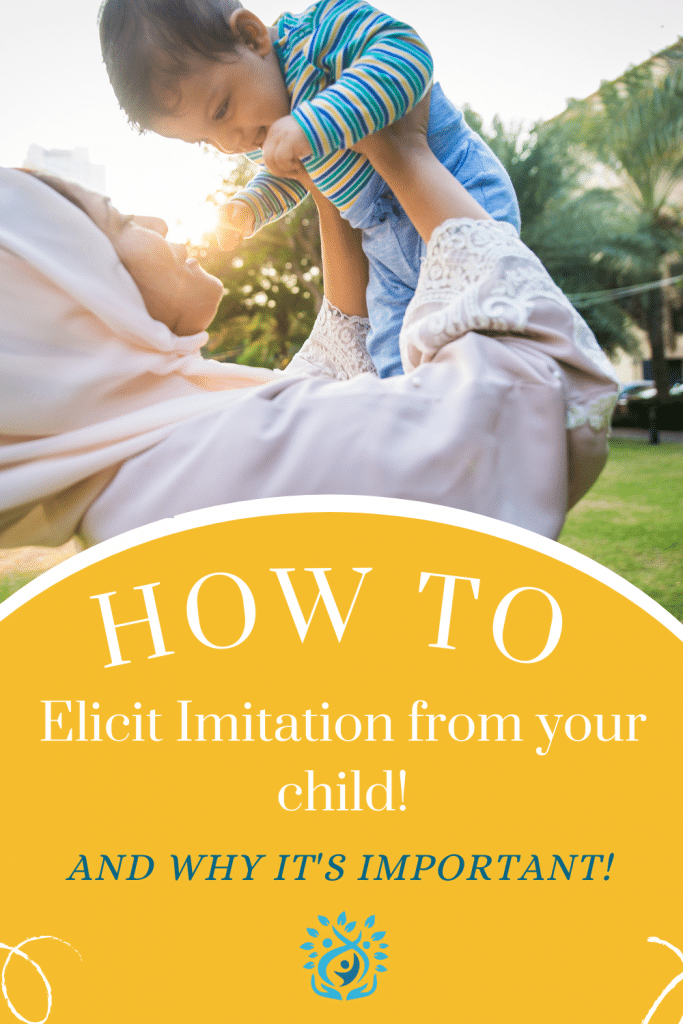
When children imitate language and behaviors, they are building blocks in their skill development because they get to have a model of these skills while they’re learning! Children learn literally everything in their wheelhouse by watching parents, caregivers, siblings, and anyone around them.
Babies can start to imitate (or try to) within the first few days of life! They try to imitate their parents facial expressions since so much of what they’re seeing is close up faces, probably smiling and cooing down at them! Vocal imitation can start around 4 or 5 months, that’s when your baby will coo back to you and you can start to have a back-and-forth cooing competition. The more you do this, the more they’ll do it back to you. I can’t stress how crucial this step is in their language development.

Imitating communication expands beyond vocalization. Did you know that your child is watching intently while you wave goodbye in the morning? He may not show it right away, but the more you wave to him on these occasions, the sooner he’ll do it back to you! And when he does, boy, will your heart explode. Watching your child be able to successfully show you what you’ve taught him is such a rewarding feeling. It’ll help you realize that all of this effort is not for naught!
As your little buddy grows, you’ll even see him start to imitate everyday routines that he sees you doing in the house. He may find a food wrapper that has fallen on the floor and quietly pick it up to throw in the garbage. He may take a towel and start to wipe the floor if he’s seen you clean up a spill or two (and let’s be honest, what parent ISN’T wiping up spills all the time?) Point is, watch out, parents. Your little kiddos are excellent observers.
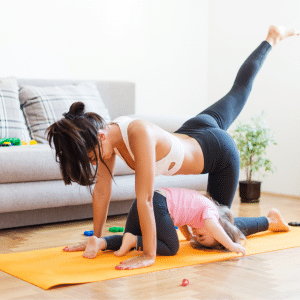
1. Teach gestural imitation first. Functional gestures include “knock knock,” pointing, and waving! This is a form of imitation as well!
2. https://pbskids.org/curiousgeorge/busyday/bubbles/ Each bubble rises and the site is sound sensitive. You can imitate clapping or saying “Pop!” in order to pop each bubble. If your child is learning to imitate actions, clapping is a great start here. You can always pair the clap with a “pop!” as he gets better at imitating. If your child is already imitating vocally, you can just skip to the “pop!” part and see how he enjoys!
3. Try using an echo microphone. Some kids will be more willing to say any sound while using this toy! Click here to see which one we like!
5. Try silly sounds or exclamations before trying words. Expressions like “uh oh!” or “wow!” may be more fun to them to try first!
6. Try pausing after you make the sound before giving the reward. A nice long pause can be the motivation for your child to try it out himself!
We hope these ideas get your child imitating. As he imitates more and more, try to pause more often and have him produce the sound/word instead of you saying it first. This will be a great stepping stone to developing your child’s language skills!
The post How To Elicit Imitation From Your Little One at Home appeared first on PPT4Kids.
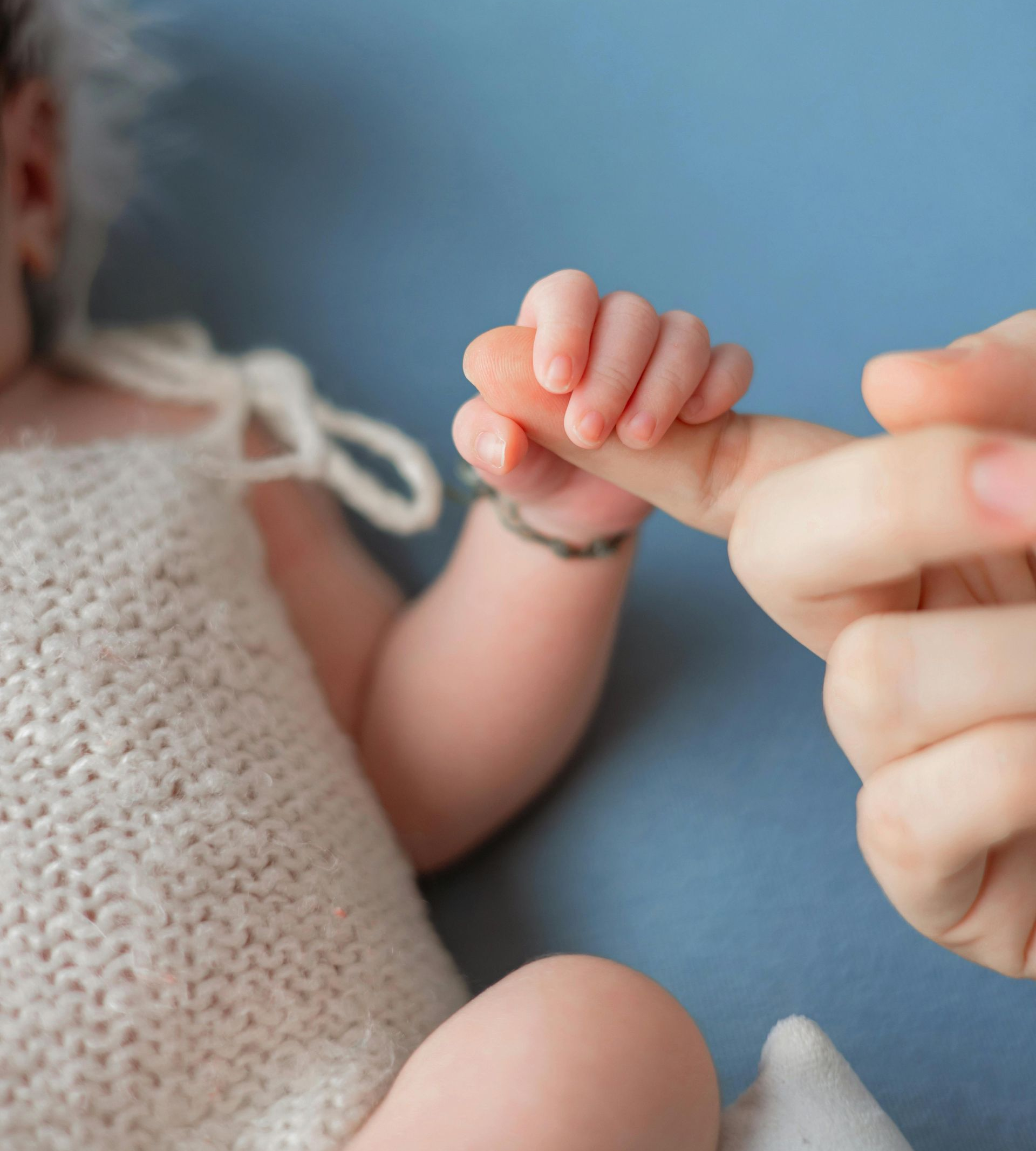

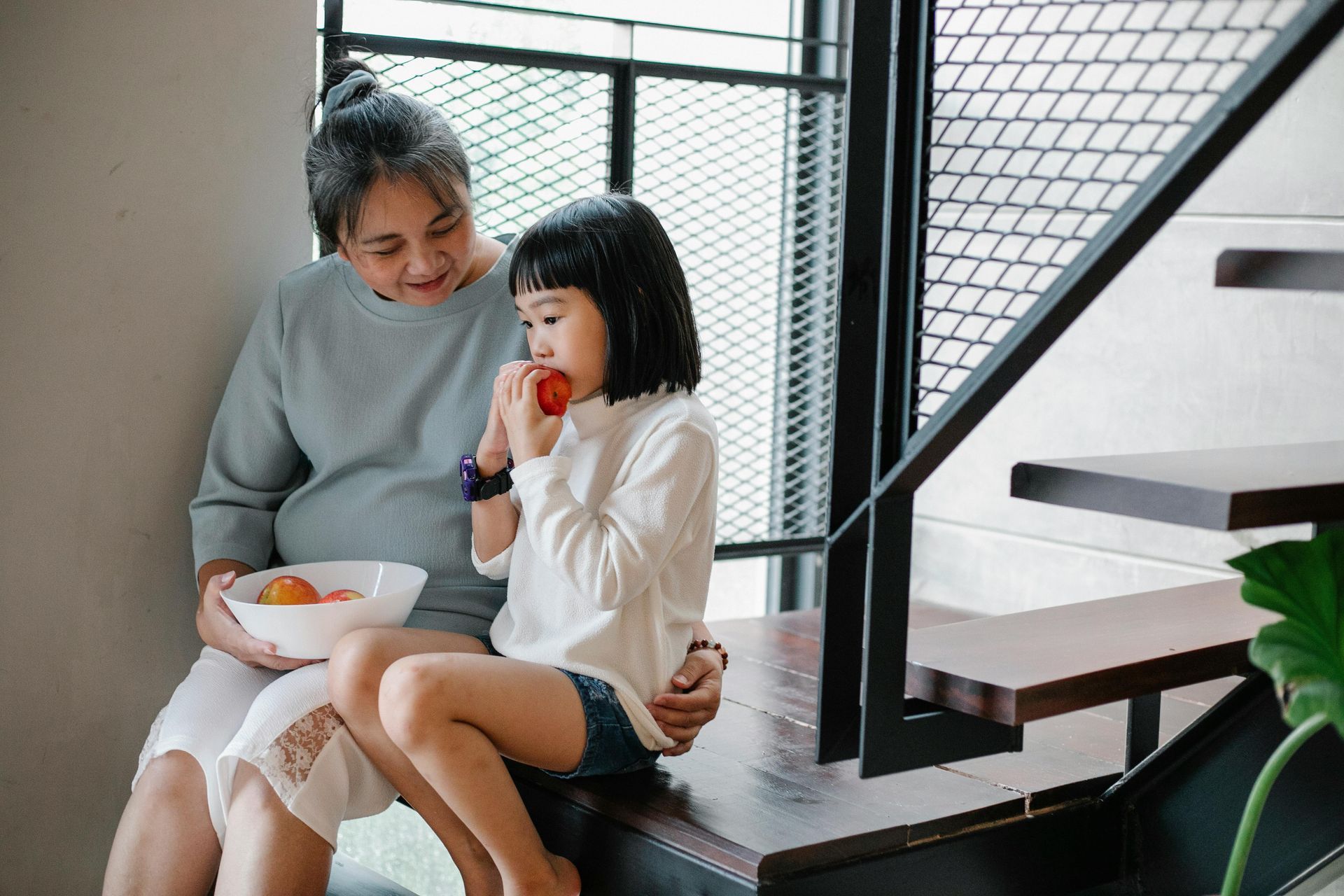
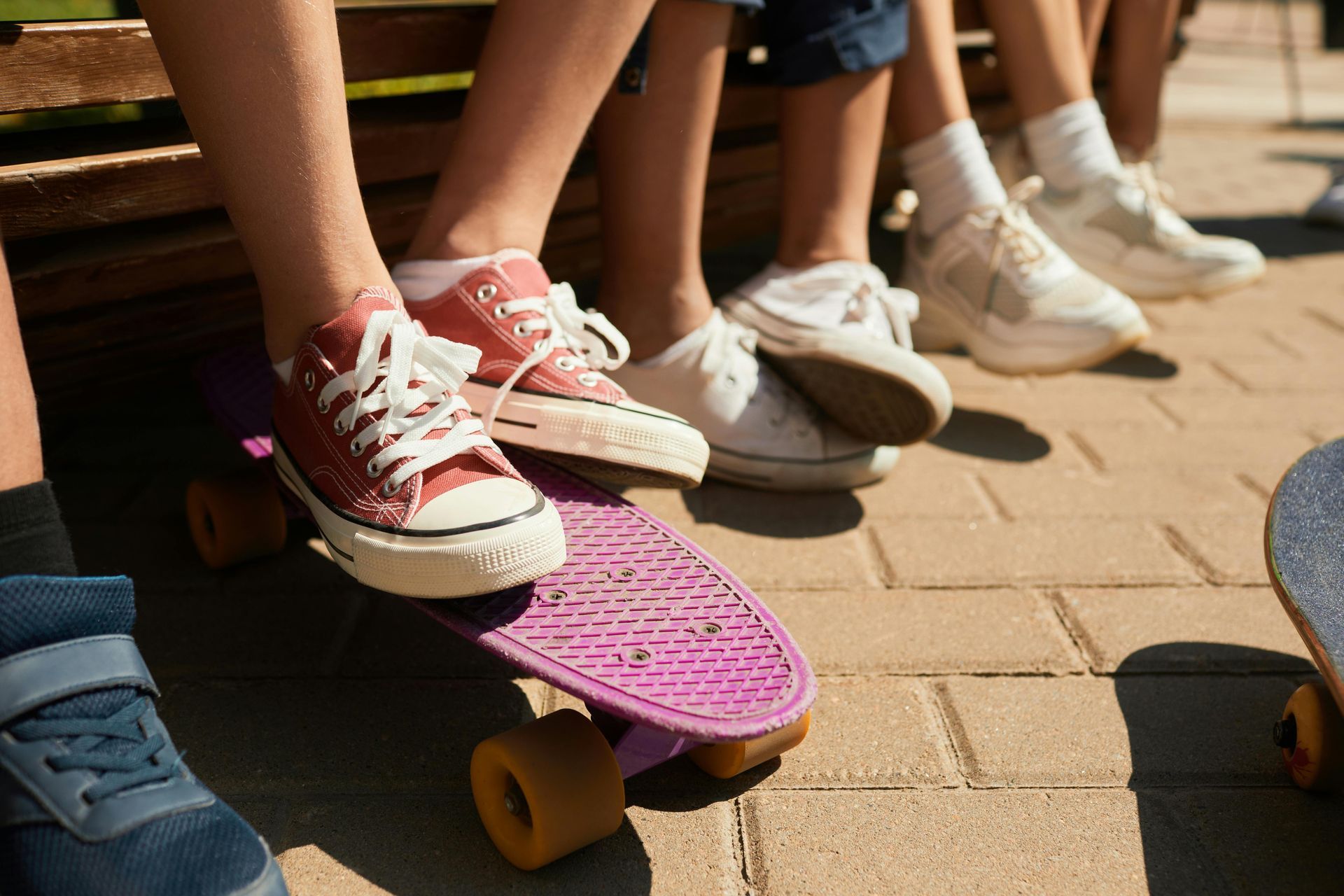
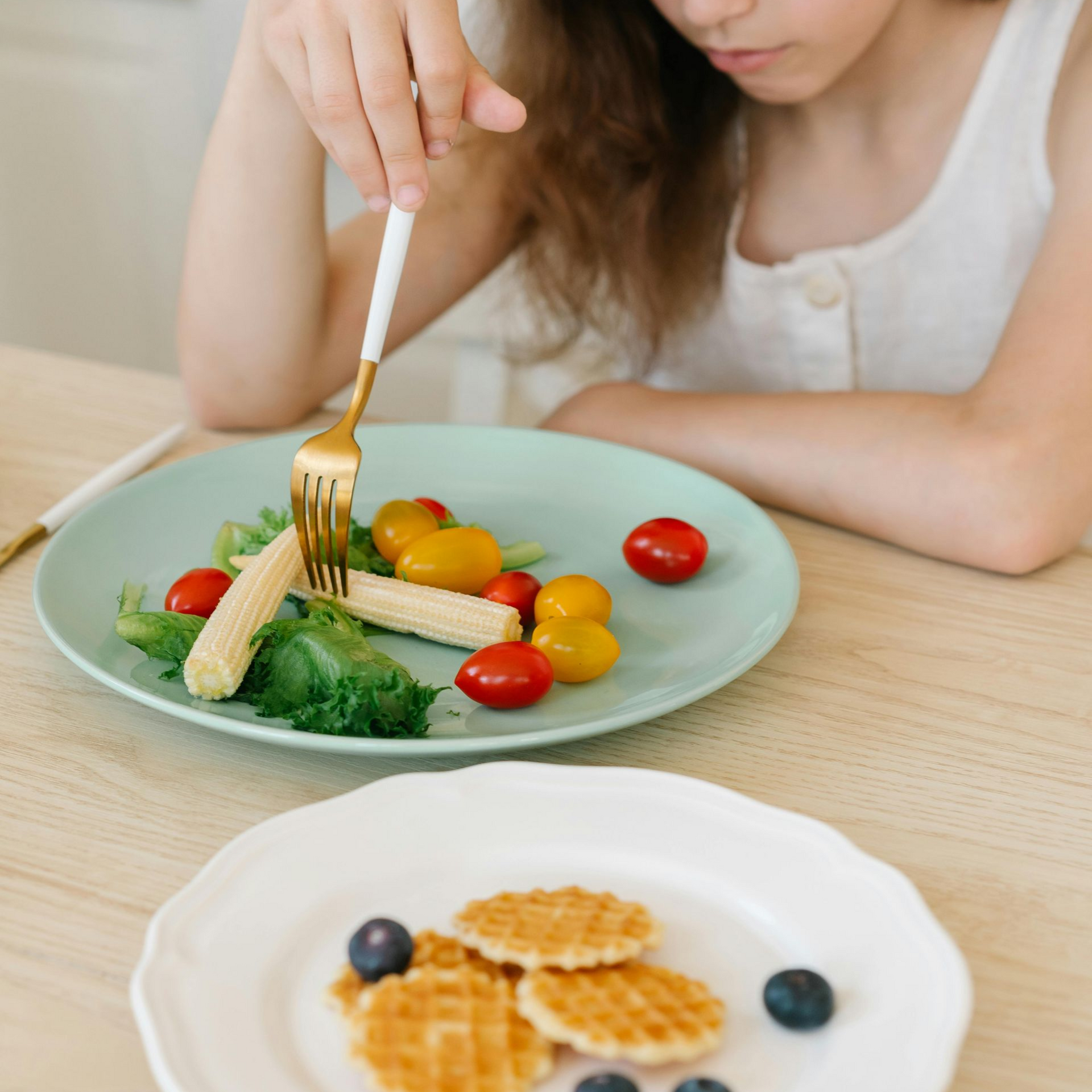

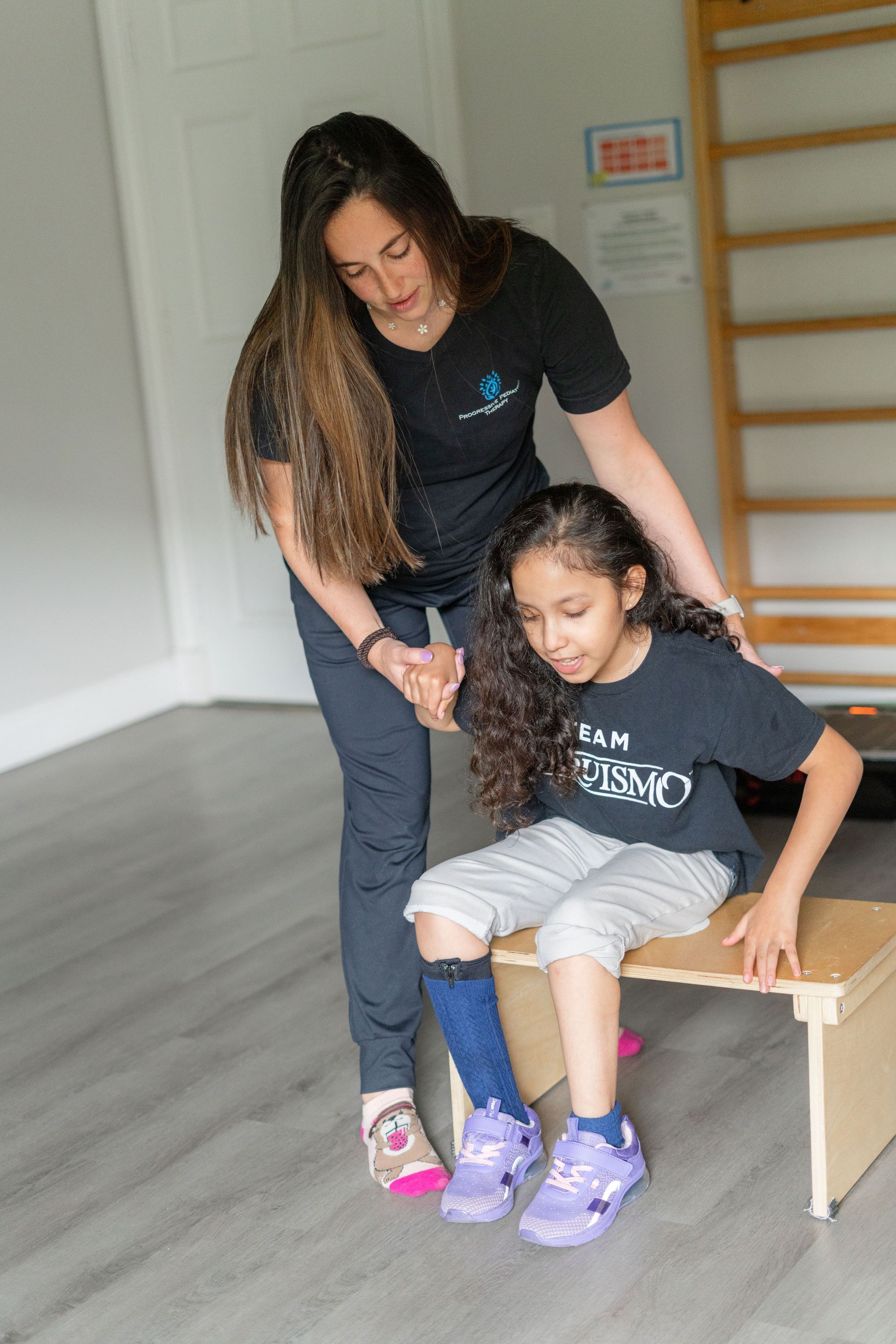
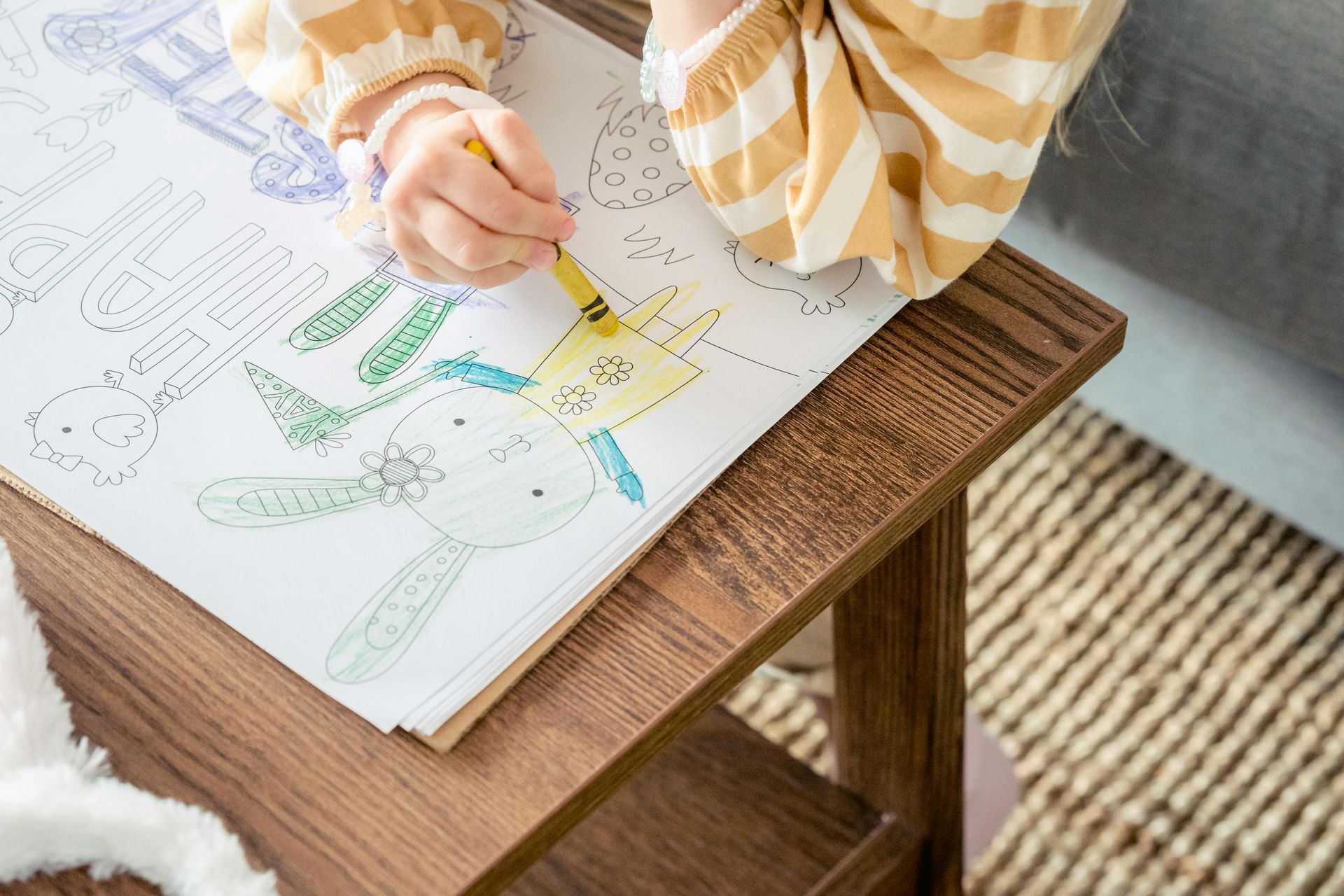
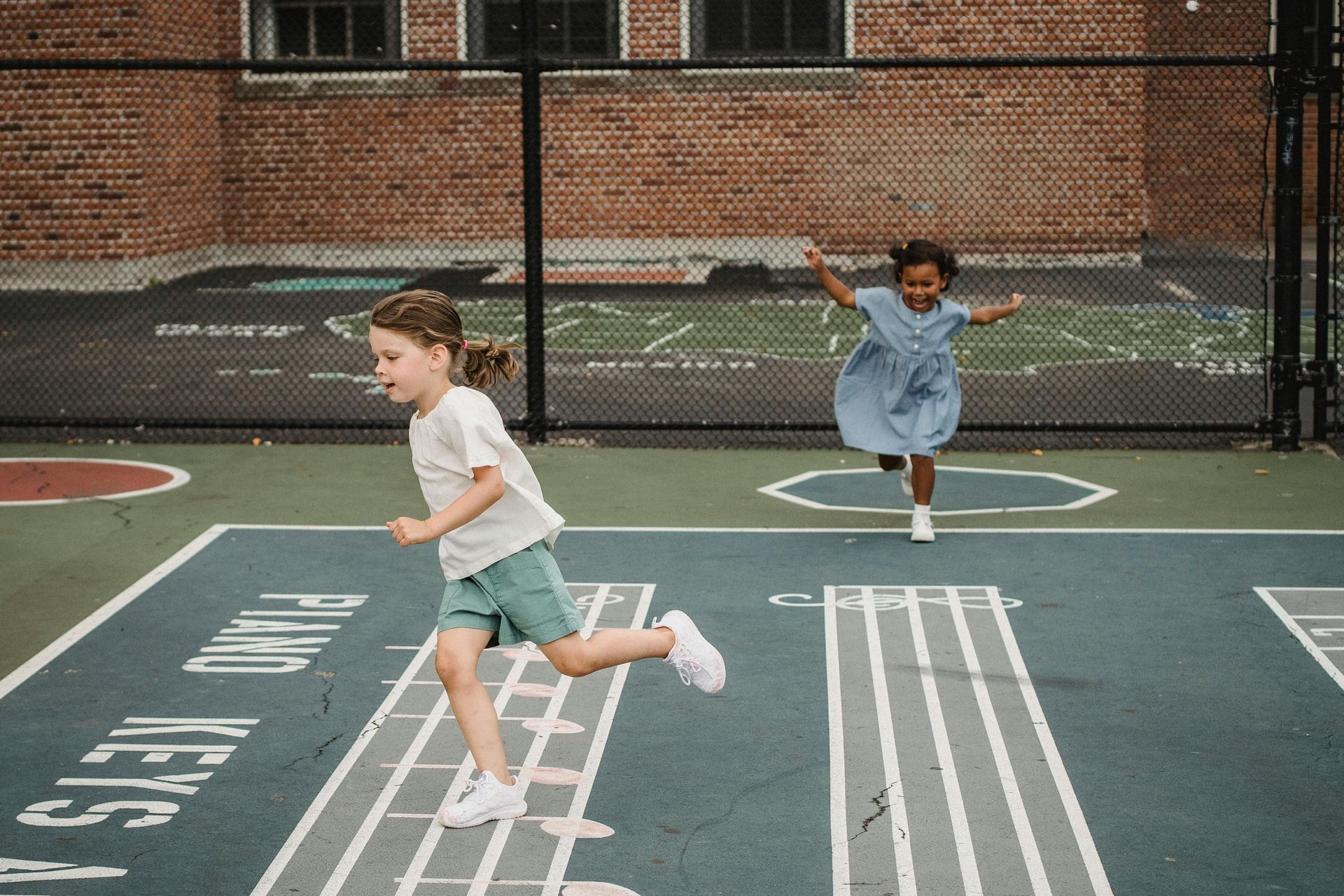
We empower children, families, and the community to learn, grow, and celebrate every child's unique abilities.
Quick Links
Contact Details
Phone: 561-376-2573 | 561-918-0190
Fax: 561-218-4939
VIP Concierge: 561-717-1764
Clinic Locations
All Rights Reserved | Progressive Pediatric Therapy, Inc. | Privacy Policy | Terms of Service
Site by Spearlance